

We’re getting the Pixel earlier than ever. With less time in the oven can the Pixel 9 improve over the Pixel 8? Here are a few things we think could be better in the next version of Google’s flagship smartphone lineup.
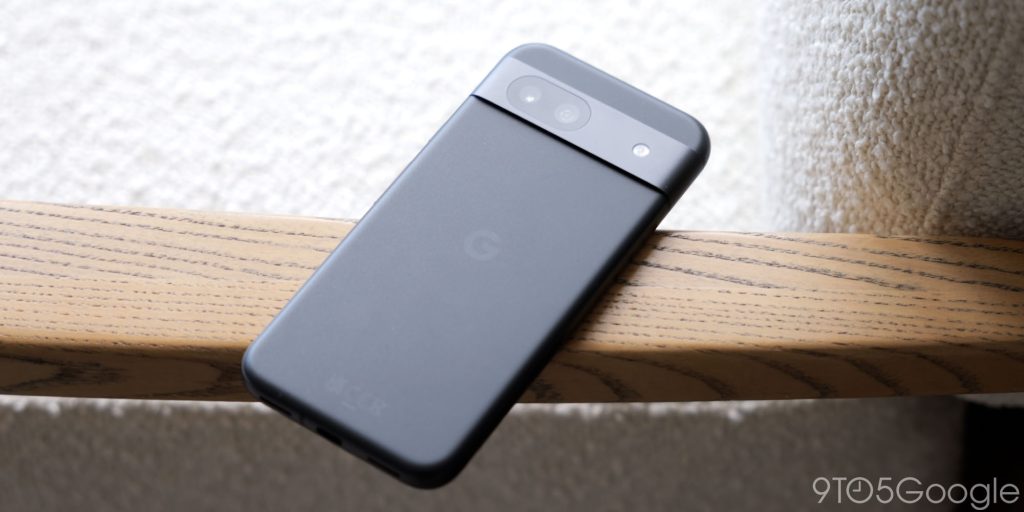
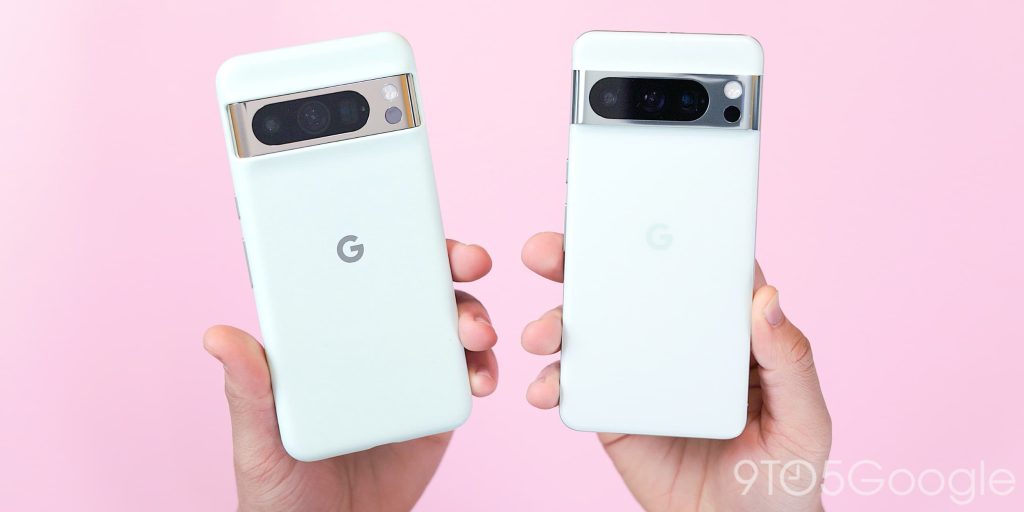
Almost every single Google Pixel has had a problem, a cause for concern, or a compromise. Over the years, these have ranged in severity or complexity. From screen tinting to screen gaps, battery life to overheating, slow modems to unreliable unlocks, we’ve seen a full gamut of problems facing the Pixel since 2016 the series was unveiled.
We all know that the Pixel was softly relaunched with the Pixel 6, and for anyone with a recent handset (circa 2021 onwards), many common complaints stem from the move to the internally developed and Samsung-produced Tensor processor. For better or worse, Google has publicly stated that their work on the Tensor processor has “never been about speeds” or even “traditional performance metrics.”
Our work with Tensor has never been about speeds and feeds, or traditional performance metrics. It’s about pushing the mobile computing experience forward.
All three versions of the Tensor processor have been low on the flagship totem and based on the same core Exynos design. Tensor G3 is actually less powerful than last year’s best Qualcomm processor or MediaTek’s best from 2023. AI capabilities have always been a key selling point of Tensor, but those aforementioned chips are more than powerful enough to do lots of their own AI tricks. It’s easy to see why some hardcore hardware fans might be disappointed so far after three chip revisions.
Many people have called the Tensor processor series underwhelming as a result, and it’s not just in terms of the performance capabilities. Creating a new SoC is hard, and the first generation had a litany of complaints, from overheating to the modem simply not working as it should. Recording 4K video for longer than a few minutes was enough to cause the Pixel 6 to overheat and shut down in some cases.
The first in-display fingerprint scanner was nothing short of a disaster. For lots of people – myself included – it was absolutely fine. Slow, but fine. That said, it was one of the biggest complaints, and Google even addressed the terrible scanning with a new in-display reader on the Pixel 6a. Potential CPU concerns might have been why the Pixel 6 Pro never received Face Unlock to mitigate the substantial biometric unlocking woes – another negative for the first-generation Tensor chip.
Battery drain was something I personally encountered a lot with the Pixel 6 and 6 Pro. I’m unsure if that ever improved with software updates and new Android versions. The reason? Lifespan is often subjective, but it was something that was noted by a lot of owners right from launch. A point of contention is that since the Pixel 6 Pro, the internal cell on the “Pro” tier stands at around 5,000mAh.
This is not a small internal cell. Many Snapdragon-powered phones come with similar capacities but don’t have the same longevity problems. The Pixel 7 helped improve efficiency, and the Pixel 8 series has added yet more boosts. The battery is now “reliable” but, in my own experience, still has an “off” day every so often. It’ll die faster one day but be back to long-lasting the day after. I know that this isn’t the case for everyone though.
Cellular connectivity and stable connections are still a problem despite numerous updates to the 2021 flagship. 5G speeds are often slow when you can get a connection, which is one of the biggest issues. It’s more confusing, given that Samsung Exynos modems are used. Ordinarily, they are among the best. The switch to the Exynos 5300 from the Pixel 7 onwards has helped a ton, but it’s still not the fastest.

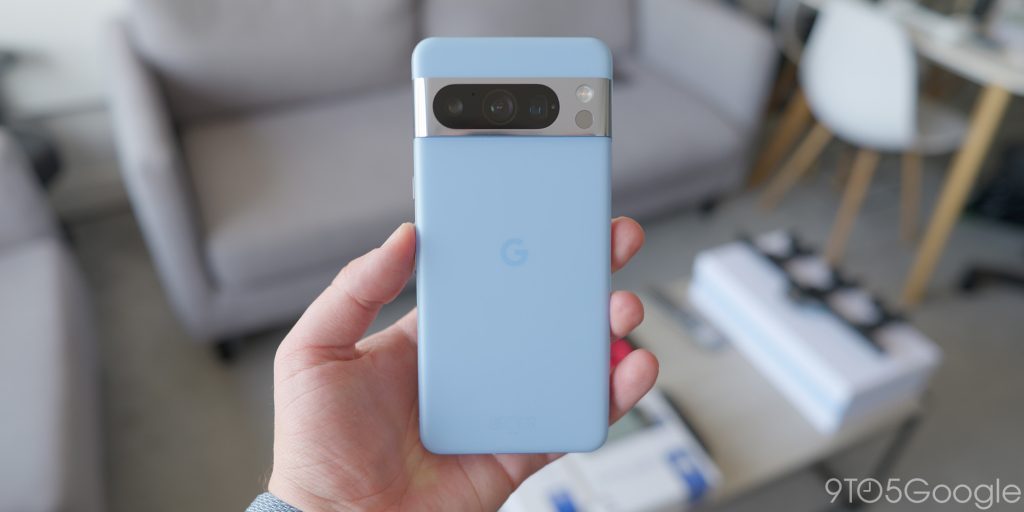
If you were to read that list of complaints and problems, you might think that Google hasn’t made a decent device in the past few years. That couldn’t be further from the truth. The Pixel 8 and 8 Pro are solid handsets that have improved in every single area where problems are pronounced. We want that to continue this year too.
One of the saving graces is that the Pixel 8 series has lots of iterative changes that have addressed the glaring problems. Is it perfect? No, but it is the best starting point for the Pixel 9 ahead of launch.
If the new Tensor G4 chip is yet another revision with minor efficiency boosts, then we hope that the Pixel 9 can improve on daily lifespan. Short of slapping in an even bigger battery it’s unlikely that we’ll see major longevity gains this year. That’s not to say the Pixel 8 has “bad” battery life, far from it actually, but it’s not quite in the “excellent” category like the OnePlus 12 or Galaxy S24 Ultra.
We’re also hoping to finally see another charge speed increase. By modern standards, the 30W wired charging and 21-23W wireless charging are slow. Even a bump to around 45W with a wired charger would be a nice boost when you want to charge your phone quickly. Charging habits are different from person to person, so this might lower the list of improvements you want from the Pixel 9 series.

Despite promises it would come to the Pixel 8 Pro, we’ve been waiting almost a year now for Google to reveal more details about Zoom Enhance. The radio silence and lack of further information could be a sign that Google is keeping the improved zoom option for the Pixel 9 launch.
The camera zoom has not changed all that much since the Pixel 6 Pro and knowing Google’s penchant for improving via software, Zoom Enhance could be a very big addition to the Pixel 9’s photography arsenal.
The camera on the Pixel 8 (and older) is generally solid. It’s easy to navigate, takes excellent shots, and is reliable. However, a persistent problem exists: The camera UI can lag when you repeatedly press the shutter button.
While taking pictures at a sporting event recently, I noticed when taking pictures like this, the camera can get bogged down and practically freeze. There is also some lag when switching lenses or zooming in. If the Pixel 9 can improve this, the experience will be infinitely better than it is today. Autofocus can also be a bit finicky, it would be great to see Google address this with the Pixel 9.
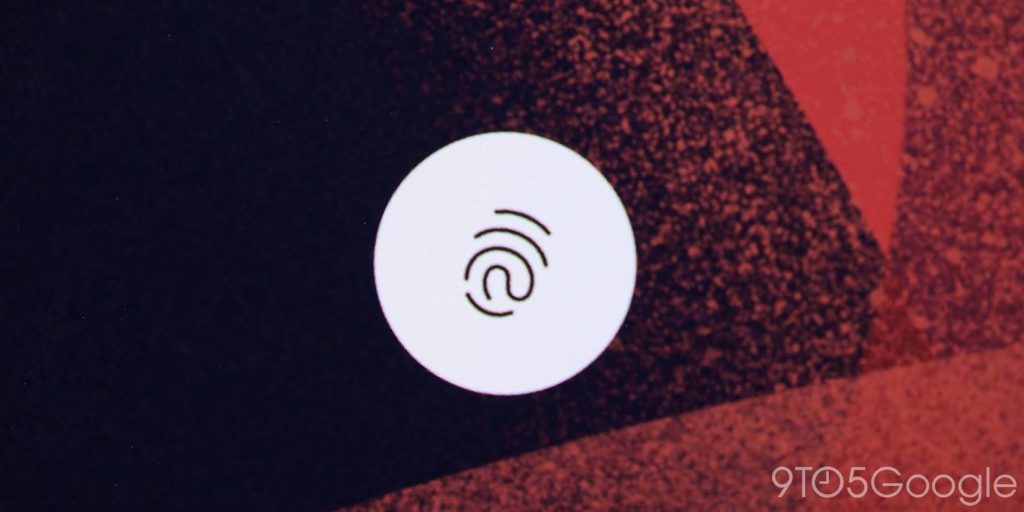
While the Pixel 8 series has great scanners, a faster and more accurate in-display fingerprint scanner will improve the unlocking experience of the Pixel 9 series. The Pixel 9 Pro Fold should get a side-mounted capacitive fingerprint scanner that’ll likely have fewer issues and more consistency…
The Pixel 8 has struggled with heat dissipation and management. Gaming and video editing exacerbate this which can lead to throttling and performance degradation. With improved heat management, the Pixel 9 could maintain peak performance for longer, offering a smoother and more consistent user experience, especially for users who push their phones to the limit.
A couple of things are coming that we hope resolve some of the connectivity woes that people have had with previous Pixels. The Pixel 9 is expected to get an improved modem. The Samsung Exynos 5400 is touted as being integrated into the Tensor G4 chip, and satellite connectivity is also coming for emergency connections in remote areas. Even with a fallback, we need better connectivity as your phone is still, well, a phone after all.
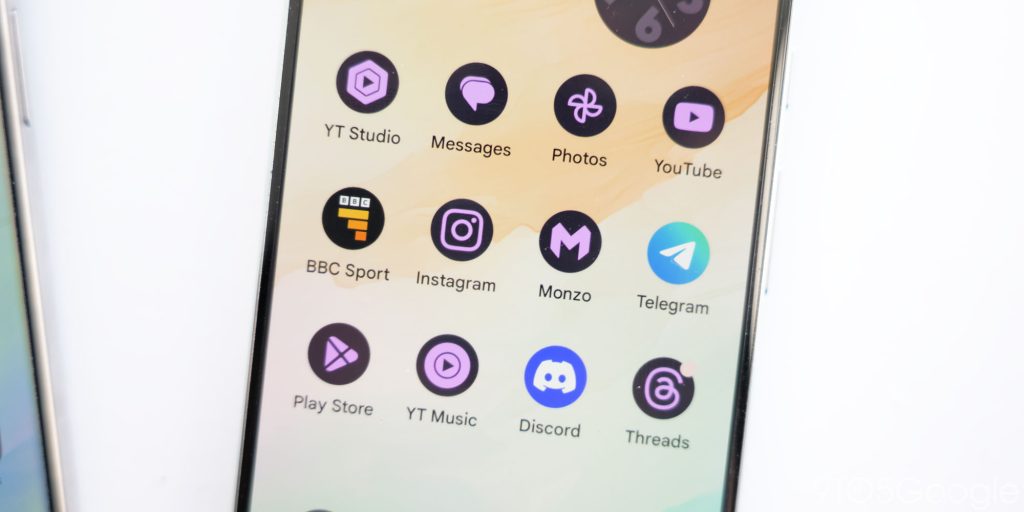
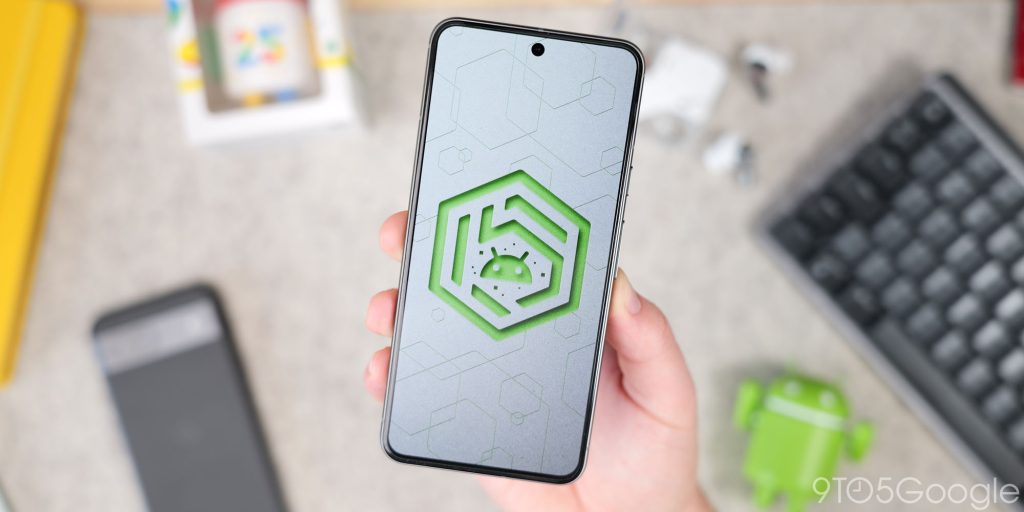
We know that Android 15 isn’t going to provide a huge overhaul over Android 14. It’s a case of refinements and enhancements to the existing operating system, but we want the Pixel 9 to catalyze even more improvements.
I’d love to see better coverage of themed icons because this has been in beta for almost three years. Google has teased “Magic” a ton in the early marketing, which we hope is a hint to more AI-powered functions and features. Maybe we’ll finally see Gemini better integrated into the Pixel 9 and improve the experience of using the enhanced voice assistant to control aspects of your phone.
With the Pixel 9 on the horizon, many Pixel 8 users are eager to see Google address some pain points. What improvements are most important to you? Let us know in the comments section.
FTC: We use income earning auto affiliate links. More.